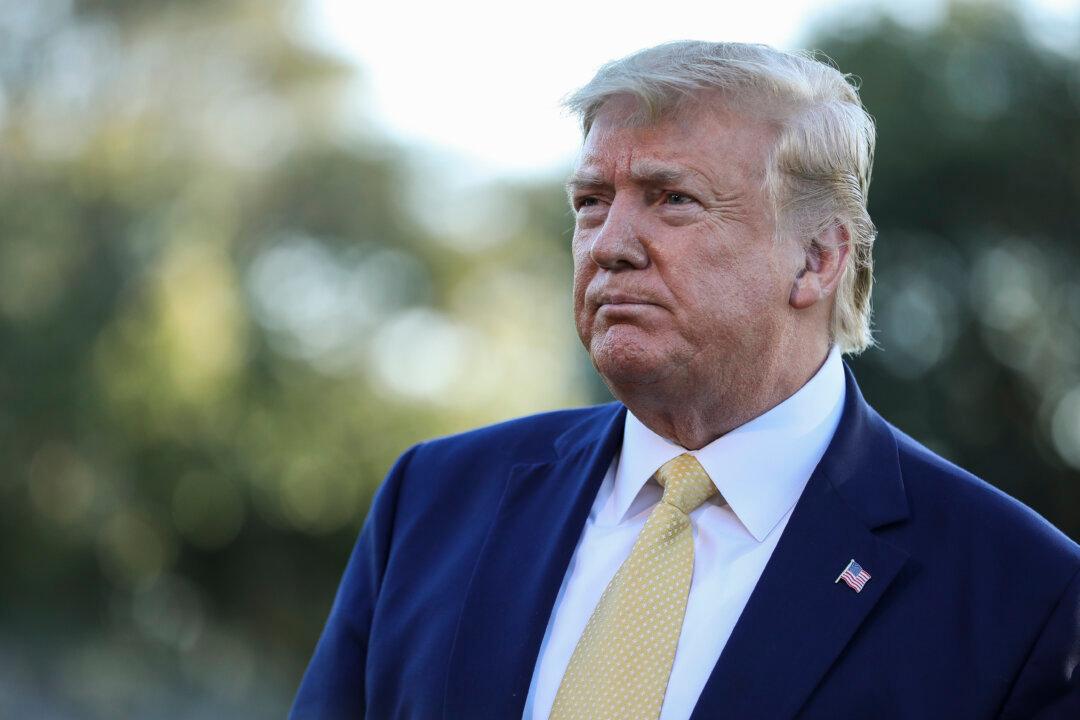The anonymous whistleblower who is at the center of impeachment inquiry is quietly slipping into the sidelines as Democrats say the individual’s testimony is no longer necessary.
Meanwhile, Republicans have raised concerns over the lack of testimony from the whistleblower, saying that the individual’s testimony is required to ensure due process and fairness.




